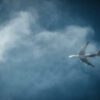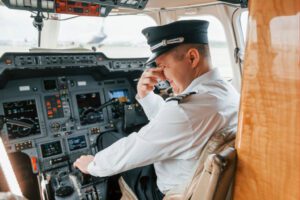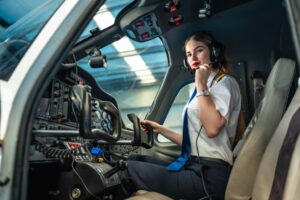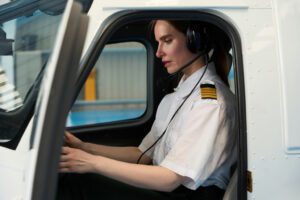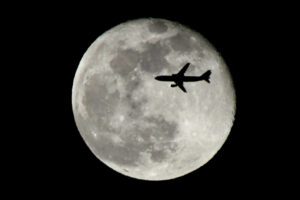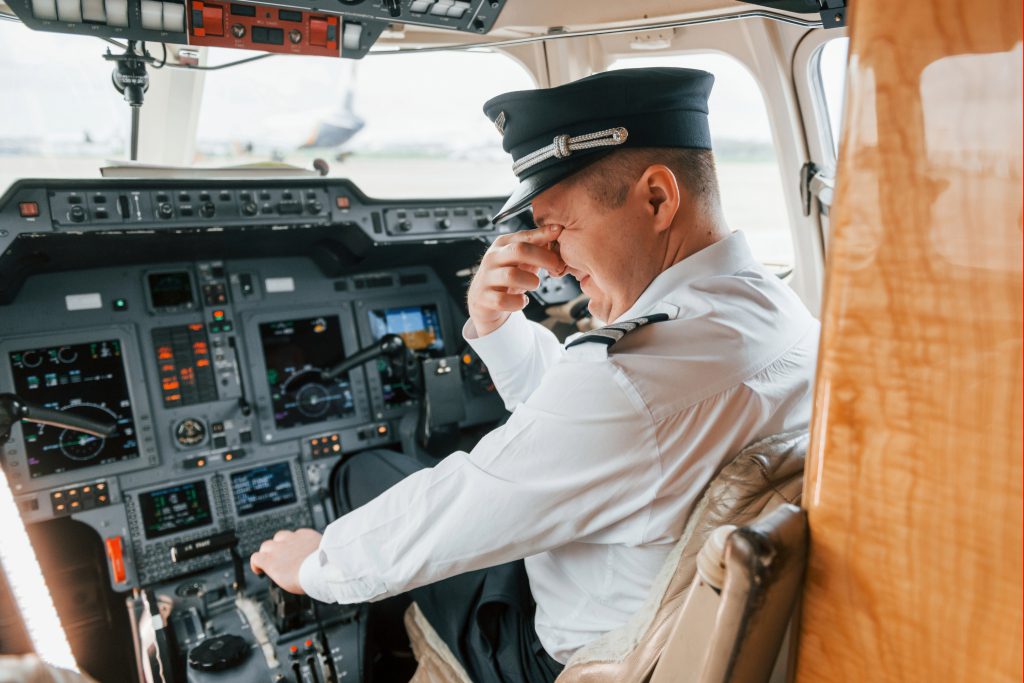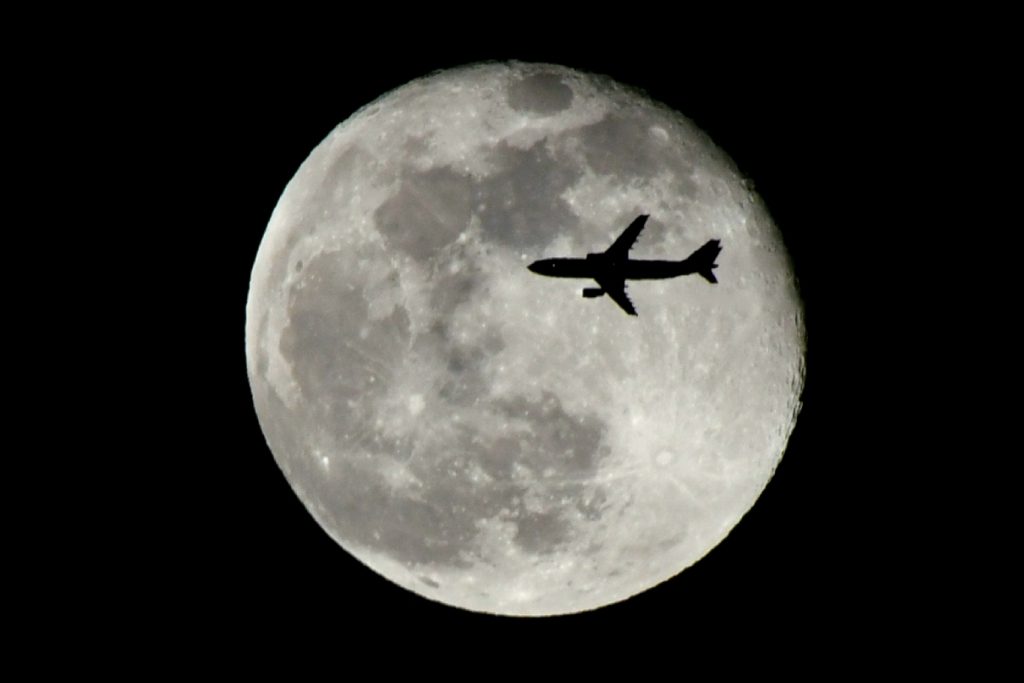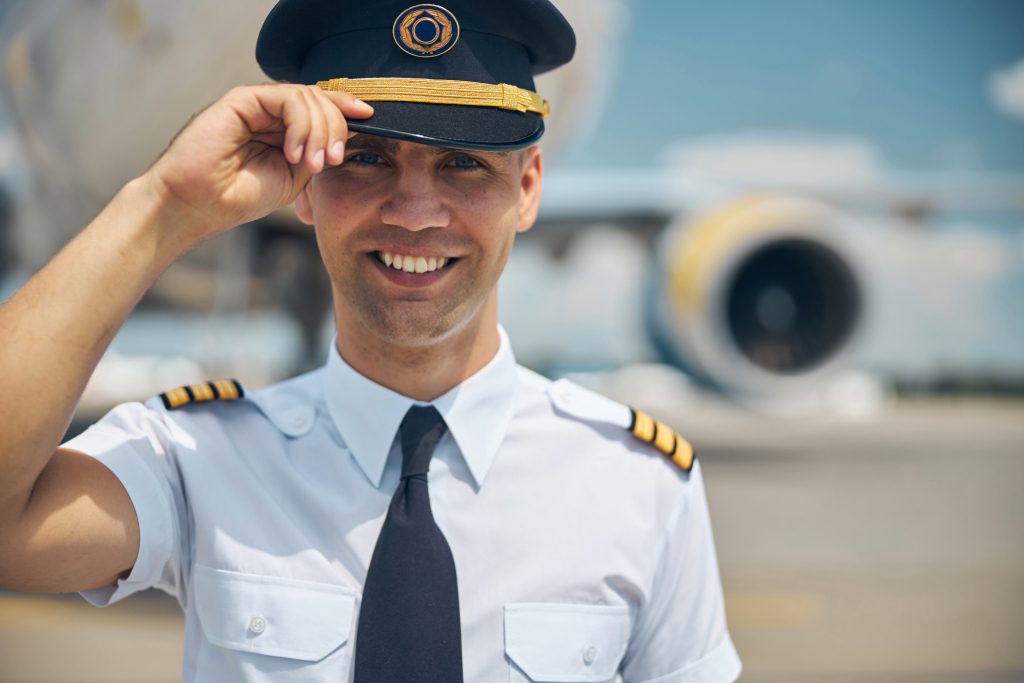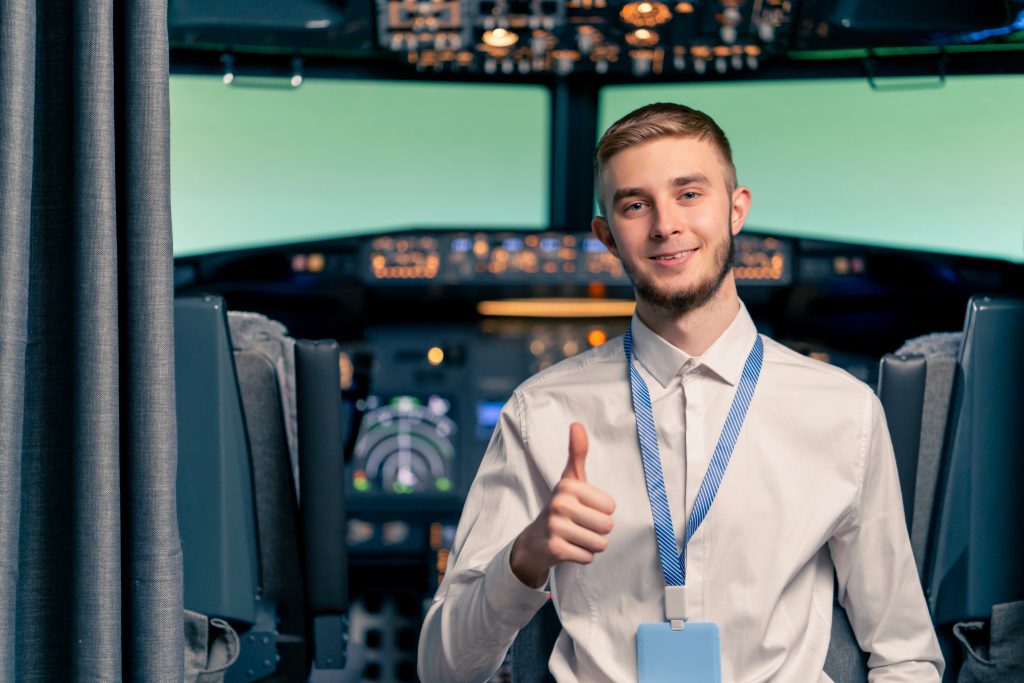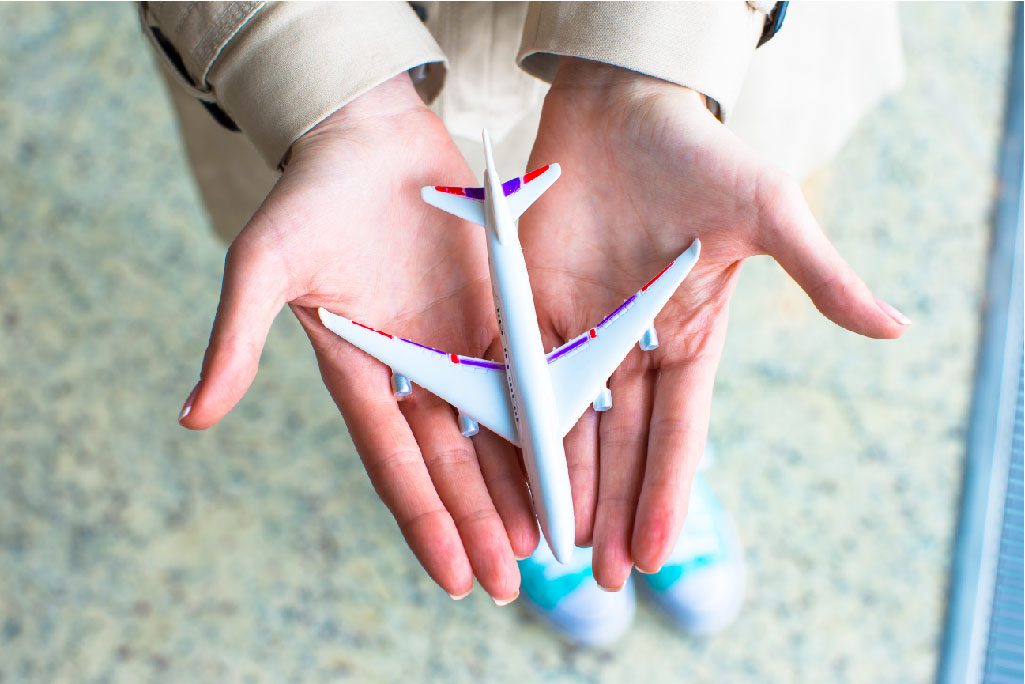All pilots, from students to experienced professionals, have to deal with different stressors that can lead to anxiety. Whether these are performance pressures, exams, or operational demands, there are numerous factors that make stress management difficult. Using the integrated approaches from aviation specialists, instructors, and mental health care practitioners, it is possible to facilitate the development of effective coping strategies to reduce anxiety for pilots and instructors.
Build Confidence Through Practice and Preparation
Consistent flying helps students develop muscle memory, reduce hesitation, and gain confidence, making it the most effective method to mitigate aviophobia. Simulators serve as excellent tools to teach students pre-flight, in-flight, and post-flight procedures as well as emergency scenarios without adding undue stress.
Having full, unmitigated trust in the training and procedures is vital. Pilots attend to multitude operator training sessions geared towards different challenges.
Adhering to defined actions, checklists, and preset practices guarantees in advance that unpredicted situations can be dealt with adequately. Overwhelming situations can also be adjusted for by breaking them down into smaller tasks.
Dealing with Exam and Checkride Stress
Numerous pilots suffer from anxiety when going in for an examination, especially during an FAA written test or checkride. Here’s how this tension can be mitigated:
– Create a detailed study plan months ahead of time.
– Use mental practice to visualize performing each maneuver.
-Improve focus on the process instead of achieving a perfect outcome—mistakes occur and learning from them is what matters.
– Practice for the exam with real-world restrictions to get used to the stress of testing.
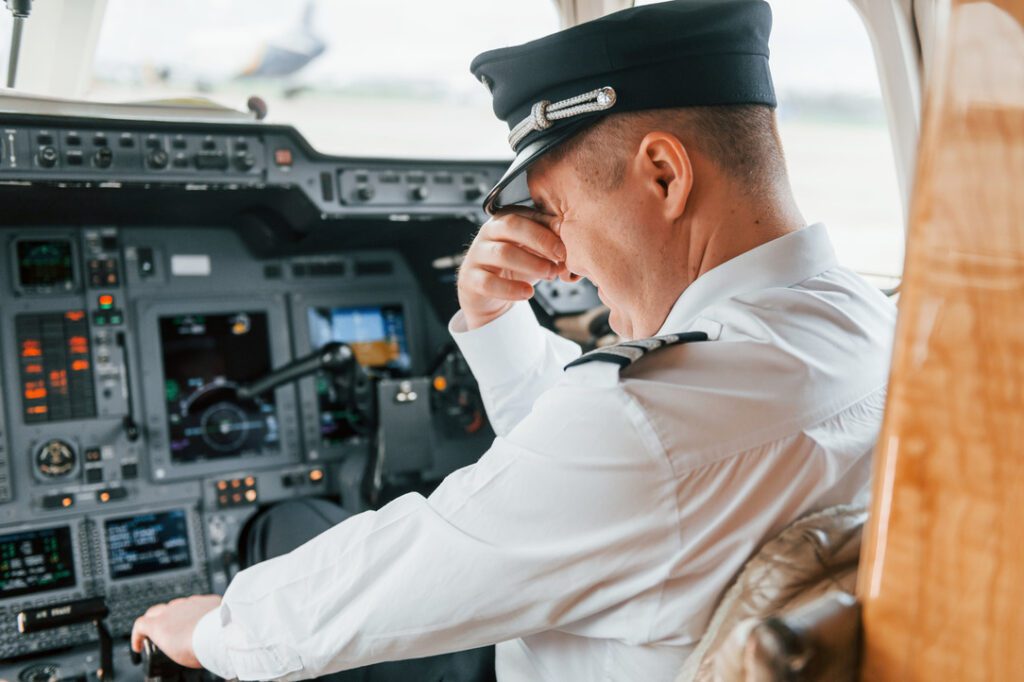
Physical and Psychological Techniques for Relieving Stress
A combination of mindfulness and controlled breathing can be crucial for pilots to reduce the pressure they may be under. The 4-7-8 breathing technique (4 seconds inhale, 7 seconds holding, 8 seconds exhaling) can help with physical symptoms of anxiety.
Confidence can be increased by mentally simulating a successful flight or an examination. Rather than worrying about what could go wrong, focus on positively reinforcing self-affirming and constructive talk.
Lifestyle Choices That Reduce Anxiety
A well-adjusted diet, hydration and consistent exercise should form a routine for every pilot. With regular physical activity, people are able to manage stress with greater ease as well as sharpen their mental focus. Additionally, proper sleep is important because being fatigued increases anxiety and diminishes thinking ability.
Caffeine in excess amounts can increase anxiety while alcohol has the contrary effect by disturbing sleep quality and the ability to cope mentally. Optimal physical and mental health can only be achieved by keeping these substances to a minimum.
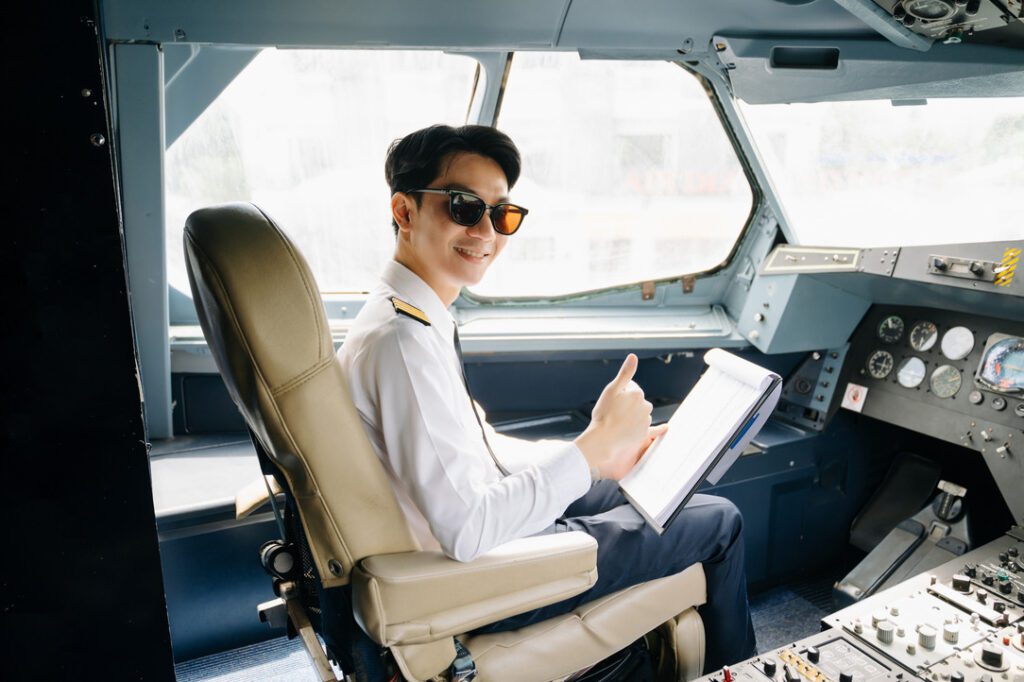
Getting Help and Guidance from Others
Discussing problems with other pilots or instructors may alleviate worries and offer some practical solutions. It can be comforting to realize that other people deal with similar challenges.
In case of prolonged anxiety, it is advisable to seek the assistance of professional counselors who specialize in aviation-induced stress. Support is available through the Aviation Medicine Advisory Service (AMAS) as well as airline EAPs which are specifically designed for pilots.
Conclusion
Any form of anxiety requires constant attention and self-analysis. By using appropriate mental strategies, following a healthier lifestyle, and seeking help when necessary, pilots are able to remain in control during flights, allowing for a safer and more pleasant experience.



